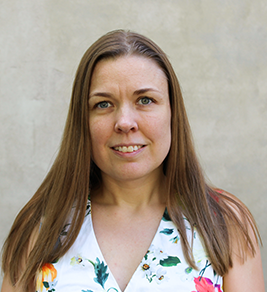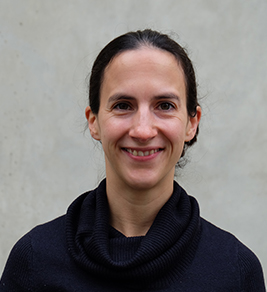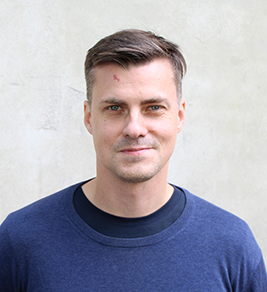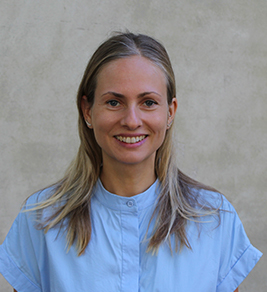This project investigates the use of digital technologies to address loneliness and isolation among older adults living at home with home care services and in caring homes in three case study municipalities in Sweden: Huddinge, Eskilstuna, and Storuman. The focus is mainly on challenges, opportunities, and solutions that have emerged during the covid-19 pandemic.
Loneliness and social isolation pose significant challenges for older adults living alone and in senior housing facilities, affecting their mental and physical health. Due to self-isolation requirements during the covid-19 pandemic, these challenges have been further exacerbated. The use of digital technologies within elderly care has a potential to combat social isolation, for instance by providing increased access to home care services and possibilities to take part in social activities. Even so, previous knowledge on effectiveness of digital interventions to tackle loneliness of older adults is quite limited. In Sweden, the utilisation of digital tools within welfare sector in municipalities has been mainly only focused on the objectives of increased effectivity and quality of care.
Based on a previous Nordregio project (VOPD), this project analyses if and how the identified benefits and potentials have been utilised within elderly care during the prevailing recommendations of self-isolation. Semi-structured interviews with municipality authorities, social care providers, and older adults is applied as the main method. Besides identifying good and transferrable practices, this project will provide information on how to ensure that digital solutions and services for older adults are socially inclusive – in order to minimise the risk that some groups of older people become even more socially excluded due to the increased use of digital tools. The gained learnings from the case study municipalities will be disseminated to decision-makers, social care providers, and other municipalities in form of a report and a workshop.
Nordregio is leading the project and is responsible for overall coordination and planning of the research project. In addition, Nordregio will conduct the initial literature review, produce a relevant and state-of-the-art interview guide to be used for the case study interviews, conduct the initial mapping analysis of all the three case study municipalities, and carry out the case study in the municipality of Huddinge. Nordregio is also main responsible for planning and carrying out the dissemination activities of the project results, including organisation of the workshop/webinar and compilation and writing of the report/policy brief based on the achieved case study results.
Mälardalen University is responsible for carrying out the case study in the municipality of Eskilstuna, and the Centre for Rural Medicine in Storuman is responsible for conducting the case study in the municipality of Storuman. Both of them will also contribute to the writing of the report/policy brief concerning the case study results. The Nordic Welfare Centre is responsible for quality assurance for the report/policy brief based on study results and for moderating the workshop/webinar.






